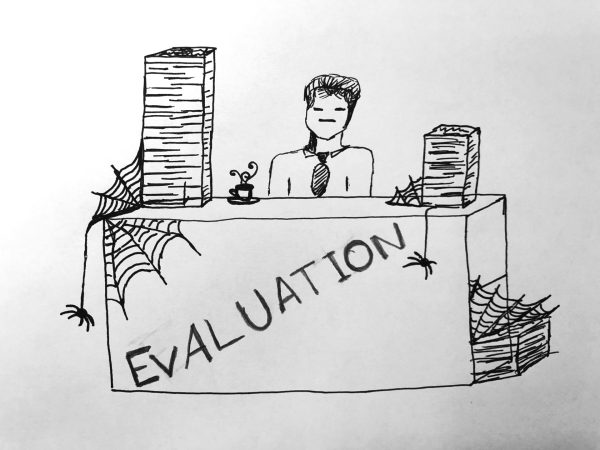Wage increases should not even be a debate
September 22, 2014
If ever there was a perfect microcosm of the problems with American politics, it’s likely the continuous fights over raising the minimum wage, both federally and in Illinois.
Here, we have an issue that is both moral and economic; has been convoluted by misinformation (or, as we should really call it, propaganda); has given fair balance and credence to two otherwise unbalanced and unequal sides of debate; has produced essentially two talking points from two sides of the aisle; and has, since becoming a national issue, largely been marked for death by deep pockets and private lobbyists.
And so, because of all these factors, the debate over minimum wage increases (again, both at the federal and state level) has been framed as one of moral, economic and political gray areas, of extremely complex and unpredictable consequences.
And while the extent to which we should extend the minimum wage is absolutely a complicated question, there’s something we feel bears repeating: not paying employees a livable, decent wage is not just morally unacceptable, but it’s also financially ruinous. The difference, of course, is that those who can afford to weather such financial ruin are rarely the ones who feel such blowback.
We feel raising the minimum wage should not even be an issue anymore.
At it’s current $7.25 rate, the annual income for a full-time employee working at the minimum wage is a dismal $15,080 —less than $4,000 above the national poverty line. That means that, in a country that prides itself on the idea that “every person can make it if they’re willing to work,” a single fast-food employee working a standard workweek of 40-hours would barely qualify as having an economically livable life.
For a country so proud of its work ethic, of its “we can all make it” promotions, that’s embarrassing.
Coupled with the fact that, according to the Congressional Budget Office, an increased federal minimum wage to just $9 an hour would reduce employment by less than .01 percent, it becomes increasingly clear that even a minor increase would be wholly-beneficial to the working force.
And yet, politicians and voters alike continue with this fight, the same tired and baseless points recycled over and over, claims like “minimum wage jobs are only supposed to be temporary,” or the oft-touted “this will kill jobs.”
The latter, we feel, speaks volumes to the increasing corporatism of America, placing the wallets of business owners over the basic necessities, livelihoods and survival of the same workers who help them turn profits in the first place.
It’s a line of reasoning that, unfortunately, seems to parallel a growing trend of income inequality in this country. That, at a time when inequality is at its highest rate since the Great Depression, at a time when 1 percent of Americans own 40 percent of the nation’s wealth, we still place blame on the worker, is a testament to just how easily the powerful and privileged can buy public opinion.
That we care more about a Walmart CEO, who makes more in one hour than most of his employees make in a year, than we care about a single mother trying to feed our child through a job at Walmart, isn’t just extremely disturbing, it’s morally confounding.














































